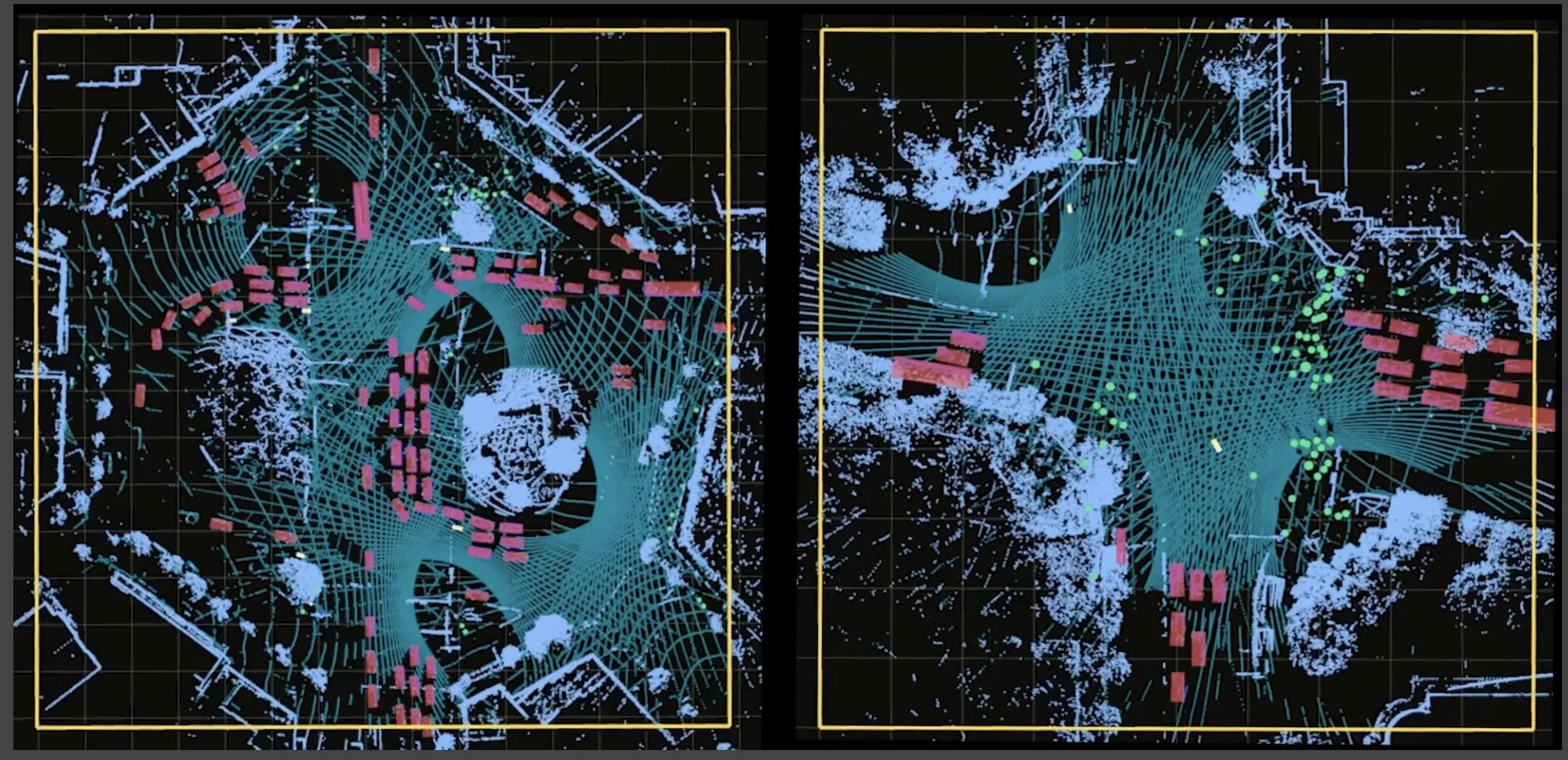Nexar's V2V network uses smartphone dashcams and cellular technology to provide drivers with real-time alerts to prevent vehicle, cyclist and pedestrian collisions. The network is already in use in New York City, San Francisco and Las Vegas. The partnership with Nevada aims to maximise the benefits of Nexar's existing network by increasing the number of users on Nevada roads and providing the state live mapping capabilities through Nexar's recently launched CityStream data platform.
As part of the partnership, Nevada CAM and Nexar plan to introduce a series of ‘smart state’ systems to support Nevada transportation policy, enforcement and infrastructure management; accelerate the adoption of autonomous vehicles; and collaborate on smart transportation research projects with Nevada Research Institutes. By 2020, they aim to generate data covering 250 million miles on a weekly basis.
Nevada CAM and Nexar partner on state-wide V2V network
The Nevada Center for Advanced Mobility (Nevada CAM) and Nexar, a technology company providing vehicle-to-vehicle networks, have formed a strategic partnership that will create a state-wide vehicle-to-vehicle (V2V) network. Nexar's V2V network uses smartphone dashcams and cellular technology to provide drivers with real-time alerts to prevent vehicle, cyclist and pedestrian collisions. The network is already in use in New York City, San Francisco and Las Vegas. The partnership with Nevada aims to maximise t
May 26, 2017
Read time: 2 mins
The Nevada Center for Advanced Mobility (Nevada CAM) and Nexar, a technology company providing vehicle-to-vehicle networks, have formed a strategic partnership that will create a state-wide vehicle-to-vehicle (V2V) network.










